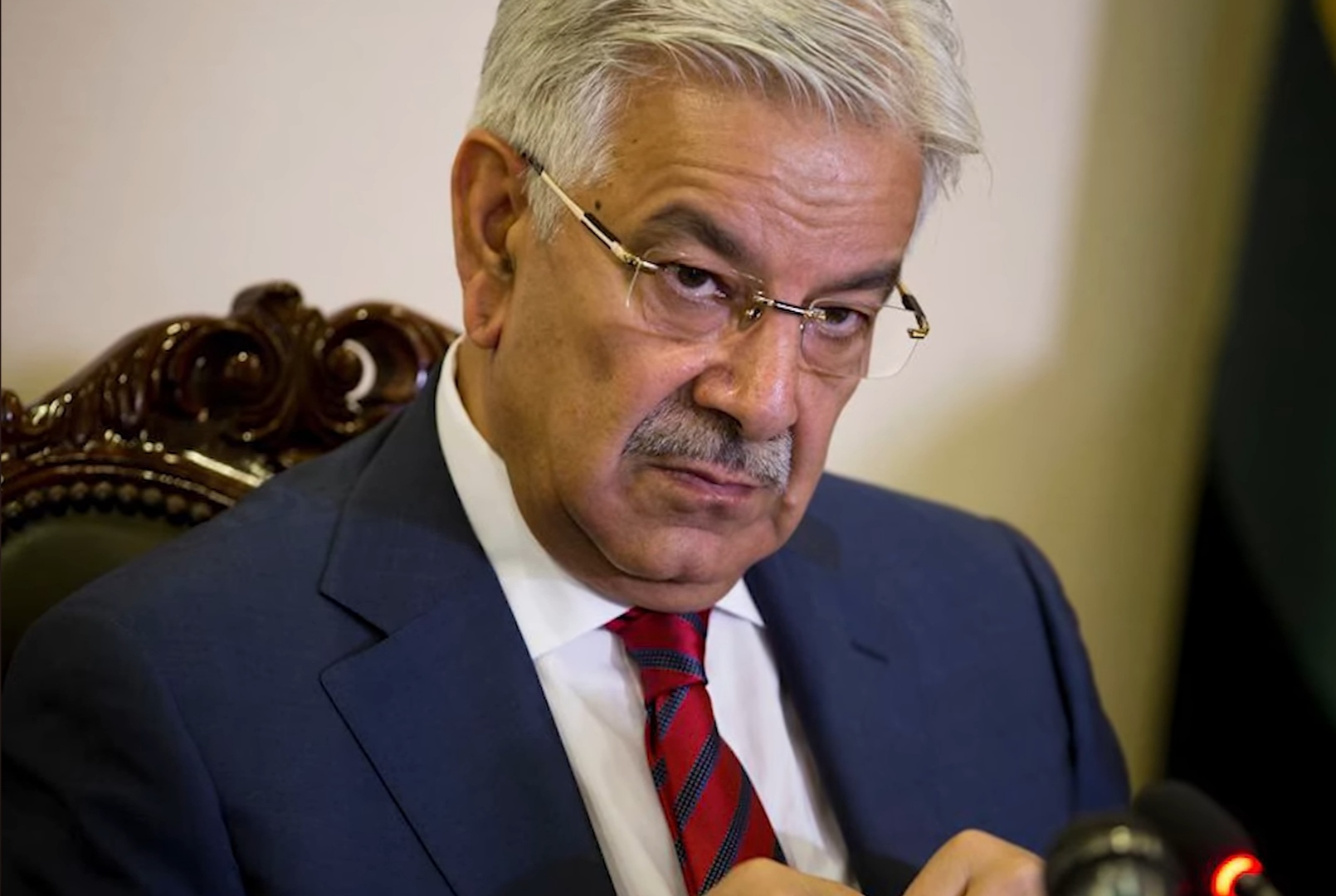Pakistan’s Defence Minister Khawaja Asif recently acknowledged his country’s role in supporting terrorism. His comments have reignited discussions about Pakistan’s historical ties with terrorist groups and its impact on regional security, particularly in the wake of the recent Pahalgam terror attack in Jammu and Kashmir.
Defence Minister Khawaja Asif admitted that Pakistan had supported militant groups in the past, which later evolved into full-fledged terrorist organizations. Asif’s words, “We raised Mujahideen, and now they have become terrorists”, have put the spotlight on Pakistan’s longstanding ties with extremist groups. This admission is particularly significant given the growing tensions between India and Pakistan, fueled by continued acts of terrorism emanating from Pakistan’s soil.terrorists attacked a group of tourists, killing 26 people, including 25 Indian nationals and one Nepalese. The attack, which was claimed by a Pakistan-backed terror group, further highlights the ongoing threat posed by such groups, which are suspected to have connections to Pakistan-based organizations like Lashkar-e-Taiba and Jaish-e-Mohammed.
Pakistan’s Role in Supporting Terrorism: A Timeline of Events
Pakistan has a long history of supporting militant groups, dating back to the Afghan-Soviet War, when Pakistan’s intelligence agencies supported insurgent fighters. Over the years, many of these fighters turned into terrorist groups targeting India and other countries. The most notable examples of Pakistan-based terror organizations include Lashkar-e-Taiba, Jaish-e-Mohammed, and Hizbul Mujahideen.
Despite repeated calls from the international community to take action, Pakistan has consistently denied any involvement with these groups. However, the recent admission by Khawaja Asif may force a reevaluation of Pakistan’s position on the global stage.